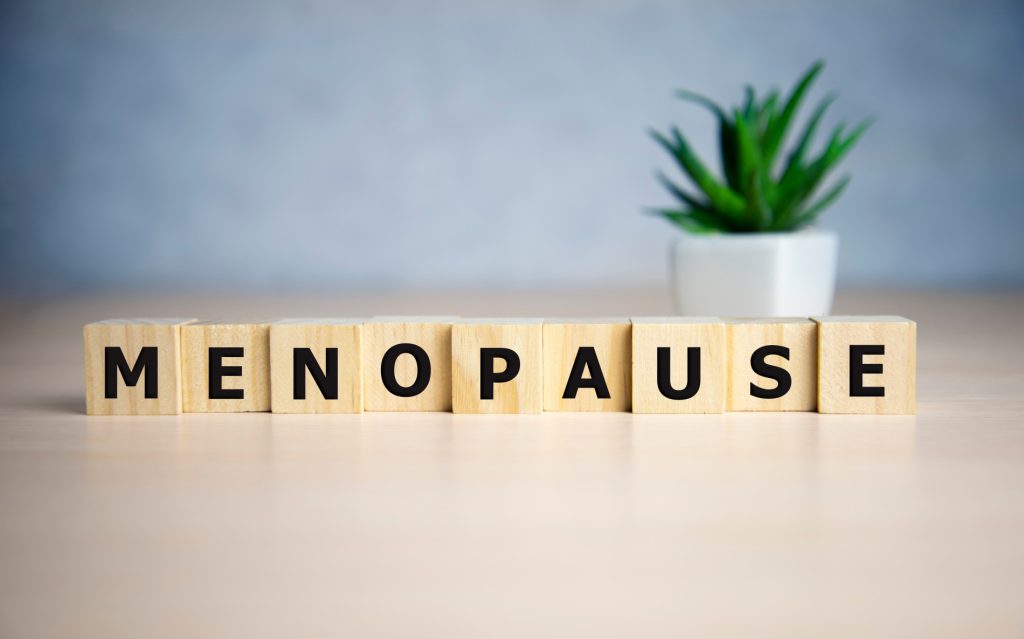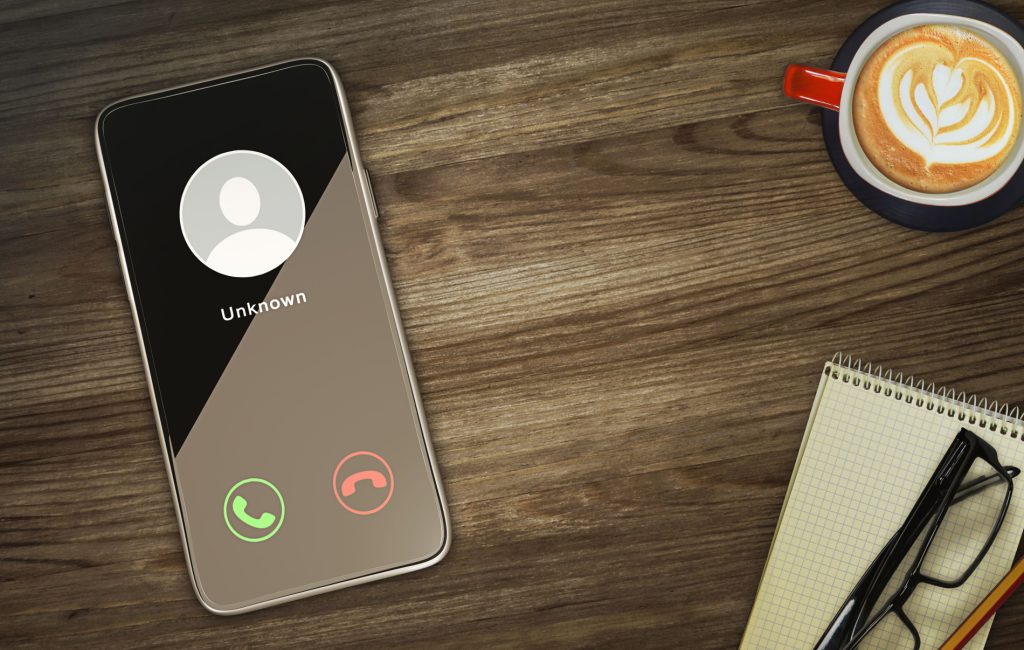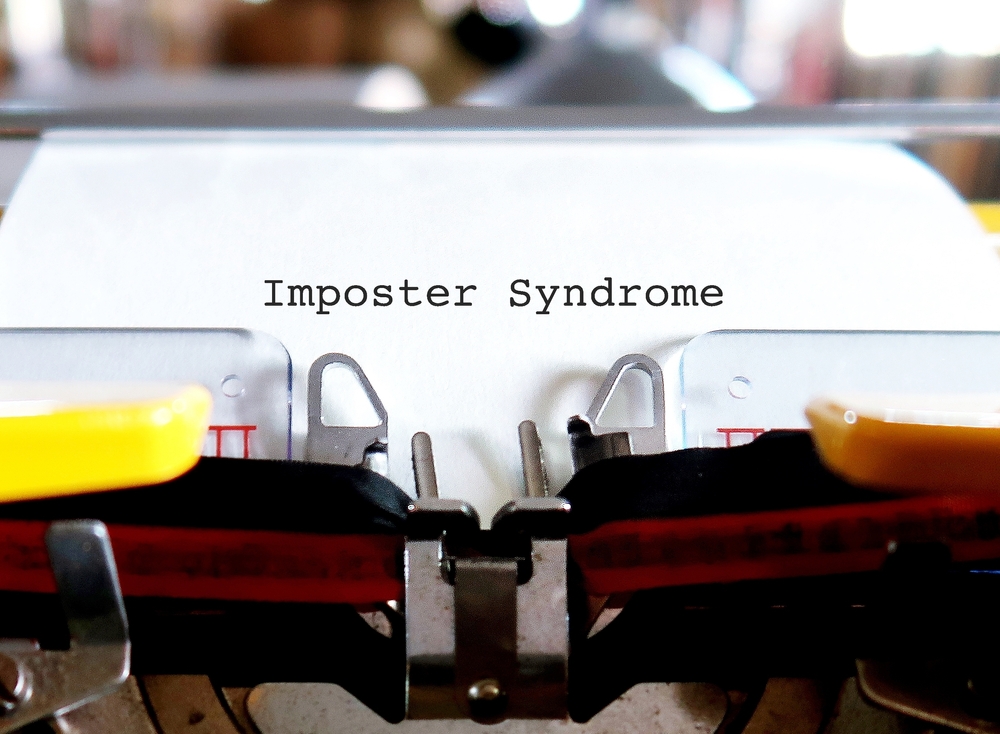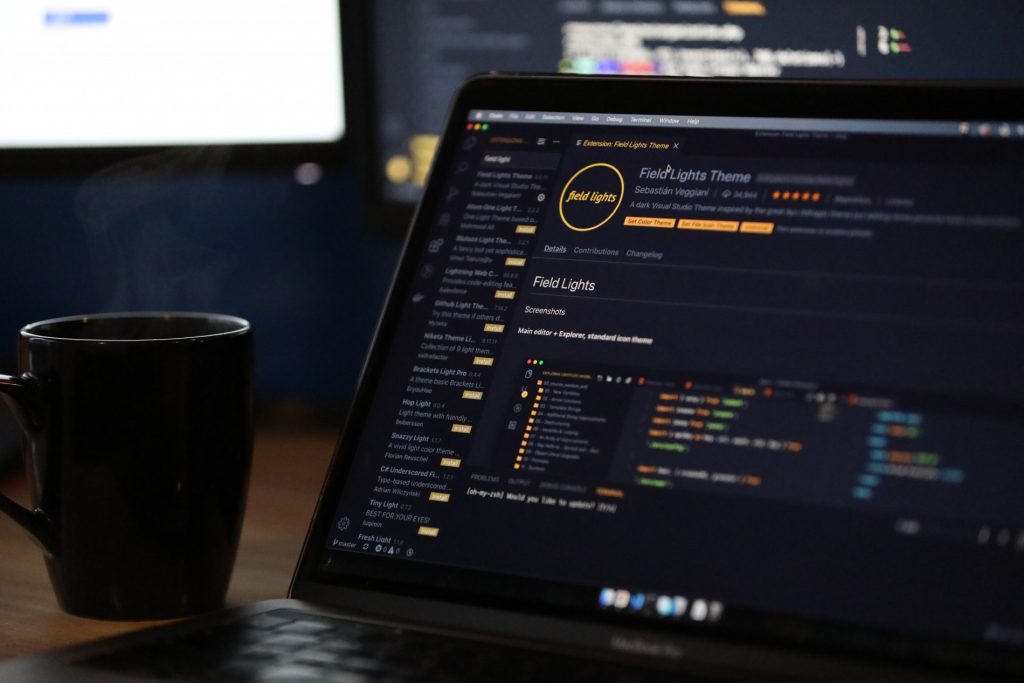Can someone please turn up the Air Con?
“She told me that my problem is I’m too nice.” It’s Saturday morning cricket in Brisbane and at 7am it’s already nearing 30 degrees. I’m drinking hot coffee whilst simultaneously sweltering. It’s an early start and still two and a half hours to go so when it comes to caffeine, necessity prevails, despite the…
“She told me that my problem is I’m too nice.”
It’s Saturday morning cricket in Brisbane and at 7am it’s already nearing 30 degrees. I’m drinking hot coffee whilst simultaneously sweltering. It’s an early start and still two and a half hours to go so when it comes to caffeine, necessity prevails, despite the feeling that I am about to melt.
I’m watching my son getting ready to bowl when my fellow cricket mum and fabulous friend turns to me and repeats “How can I be too nice when all I feel is angry all the time?”
It’s the second time in a week I have had a conversation with someone (and by someone, I mean, female, aged between 48-50) whereby the discussion revolves around the seething and simmering rage within, a symptom of none other than ‘the change.’
About six months ago I mentioned in a team meeting that I was planning to write a piece about menopause (including peri) in the workplace. My female colleagues (and it’s appropriate to mention they are aged between early 20’s to early 40’s) looked blankly at me though each nodded and smiled politely and my fellow male colleague (also very appropriate to mention he is also my husband) may or may not have checked the time on his phone.
Although being committed to the task of destigmatising discussions around menopause and my need to advocate for women, a conversation I had with a candidate not only caused my procrastination but also made me feel disillusioned by the idea.
I was interviewing this lady for a role, and I had no clue of her age. Not only did I not know her age, but I did not care to know, the information being irrelevant. She cautiously admitted to me she was worried that all the ‘media attention’ menopause was getting would have a negative effect on her getting a job.
Wait? What? She must have noticed my confused look, because she went on further to explain that she didn’t want a prospective employer to label her as potentially “emotional/angry/exhausted”, because that is apparently the label we put on menopausal women. Just when we think we’ve come a long way and if there isn’t already enough for women to have to contend with, her valid and real concern about menopause discrimination had been playing on her mind. I did my best to reassure her that this had never once entered any conversation I had with any of my clients.
The hormonal status of a woman should never be a measure of their work performance. My view being that menopause is having its moment in the sun should be celebrated because if knowledge is power then awareness is understanding. These are important conversations that need to be had and employers need to encourage these discussions. Creating supportive environments where women feel comfortable talking about their health and wellbeing is important. Or rather, creative, supportive environments where all genders feel comfortable talking about their health and wellbeing is crucial.
There is evidence to support all of this. The Australian Women’s Health Survey reports that 46% of participants have taken time off from work or study due to menopause symptoms. Sadly, many women undergo significant, debilitating effects ranging from profound exhaustion to the ubiquitous hot flush. It is important to understand how these symptoms connect with workplace dynamics and perceptions of professionalism. Menopause is not an excuse for shitty behaviour, and I don’t know a single person who would use it as such. But it is the reason why so many women in the workplace are overwhelmed, exhausted and annoyed. To be empathetic to this is to be human. Given the symptoms, it’s hardly surprising that menopause can significantly impact absenteeism, productivity, and team culture. Women are leaving jobs they don’t want to leave because it is easier to do so than to ‘talk about it.’ Extreme perhaps, but very much the reality.
Many recent conversations I have had with women (friends, clients and candidates) have revealed just how complex an issue this is. The physiological and psychological effects of menopause on women is not to be minimised. The workplace is the battleground in which we sweat.
For many years I have been writing about workplace issues, but had you told me 10 years ago, or even one year ago, that I would be documenting and sharing the hormonal changes in my body to my professional network I would have scoffed at the absurdity of it all. I guess you could say it brings meaning to the ‘bring your whole self to work’ and ‘authenticity matters’ narrative.
Whilst friends have raged inwardly, my own experience had me clouded in a grey fog. Coexisting along with my own menopause symptoms was also at a time where I was feeling especially confronted by my feelings of mother guilt. On reflection, I now understand that the two were intrinsically linked. I was often dangerously close to losing my mind, my emotions swung like a pendulum, and I remember on several occasions doing the cry drive. This is the cry that happens when you are in the car driving alone and unguarded, perfect crying conditions really, notwithstanding the need to reapply make up when arriving at work.
Back to my angry friend who ironically is working madly to be so nice to overcompensate for the perpetual state of irritation she finds herself in. Hence the feedback she received recently that she was being too nice. It’s easy to think that this type of feedback reflects underlying biases about gender roles and expectations. Women are told to be assertive, but not too strong, be likeable but not too nice. Talk about being caught between a hot flush and a cold chill.
If my recent conversations are any indication, then it’s clear we have more work to do. Menopause and the impact it has on women at work is something that needs to be normalised.
By doing so it serves as a reminder that being normal is okay, we feel less isolated and more seen and supported.









